Search
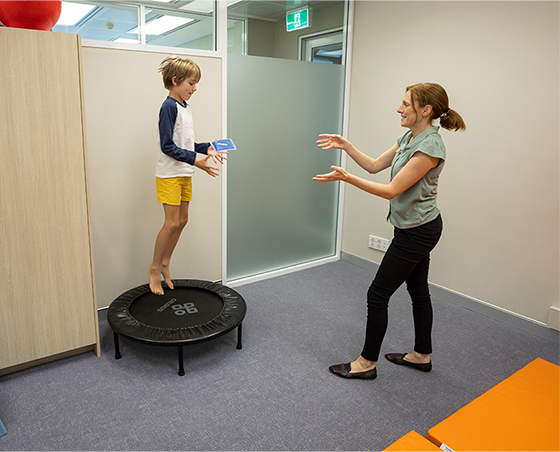
Developmental Coordination Disorder (DCD) is a neurodevelopmental condition that affects a child’s ability to learn and carry out everyday motor skills. An early and accurate assessment helps families and schools understand a child’s unique needs.
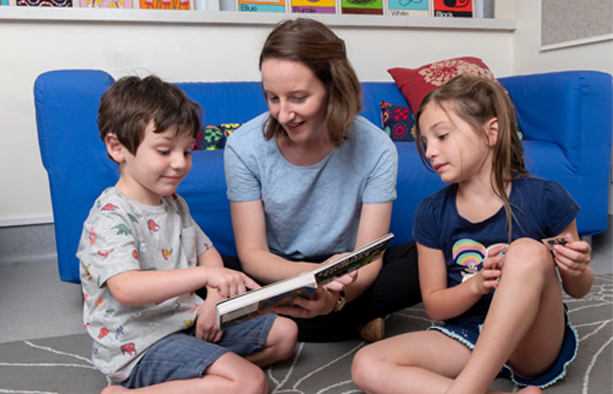
At CliniKids, we offer group or individual support for siblings of autistic children.
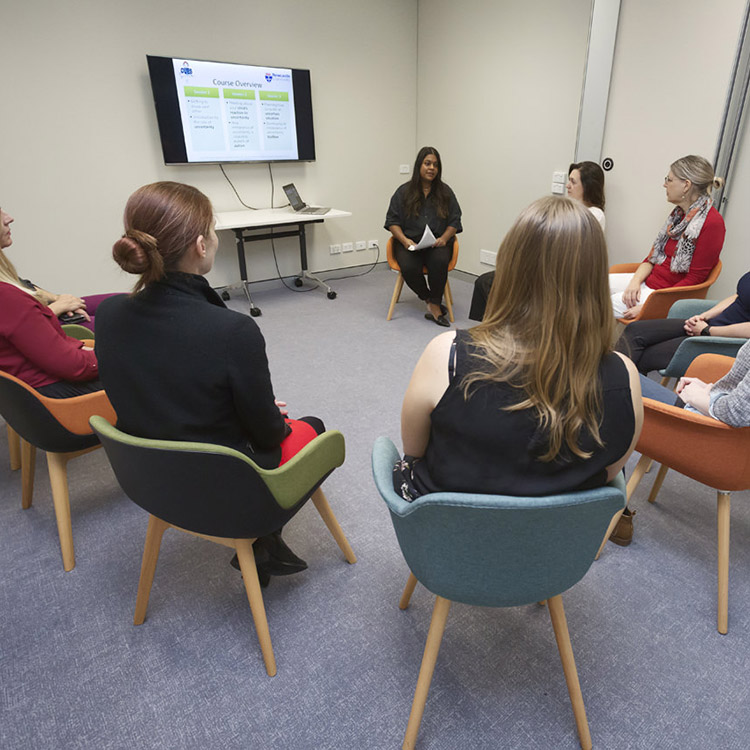
CliniKids runs training in a range of areas for clinicians and autism professionals in addition to workshops for parents, caregivers and families.
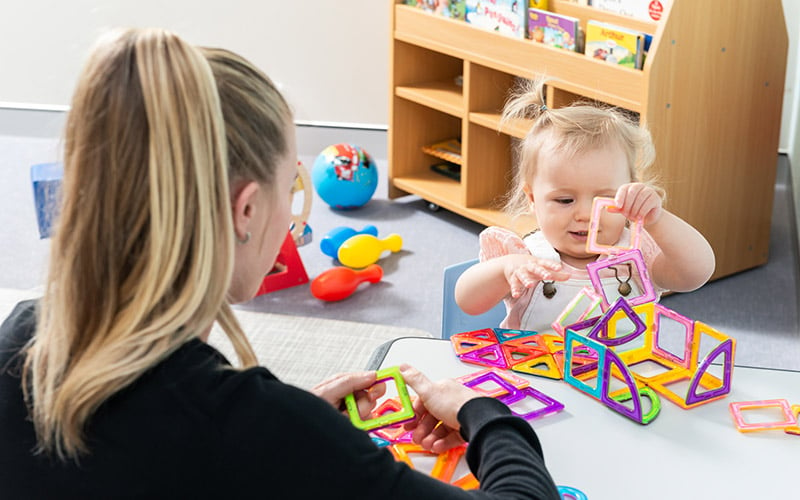
Learn more about the TOTS Study at CliniKids
Learn more about the SenseVest Study at CliniKids
Our researchers have published many papers in world-leading paediatric autism and developmental delay journals. Browse their most recently published work here.

News & Events
Diagnosis and the ADOS: The essentials parents and clinicians need to knowIn this blog, you can read about one of the most common tools used in the autism diagnostic process – the Autism Diagnostic Observation Schedule.
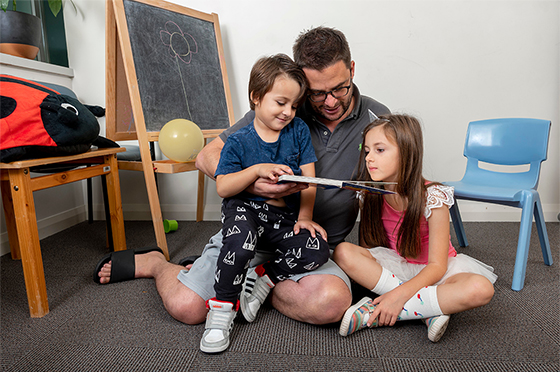
News & Events
Reading between the lines: making book sharing funIn this blog, Speech Pathologist Genevieve Wilmot discusses the many benefits of book sharing and how it can promote connection and social and communication development.
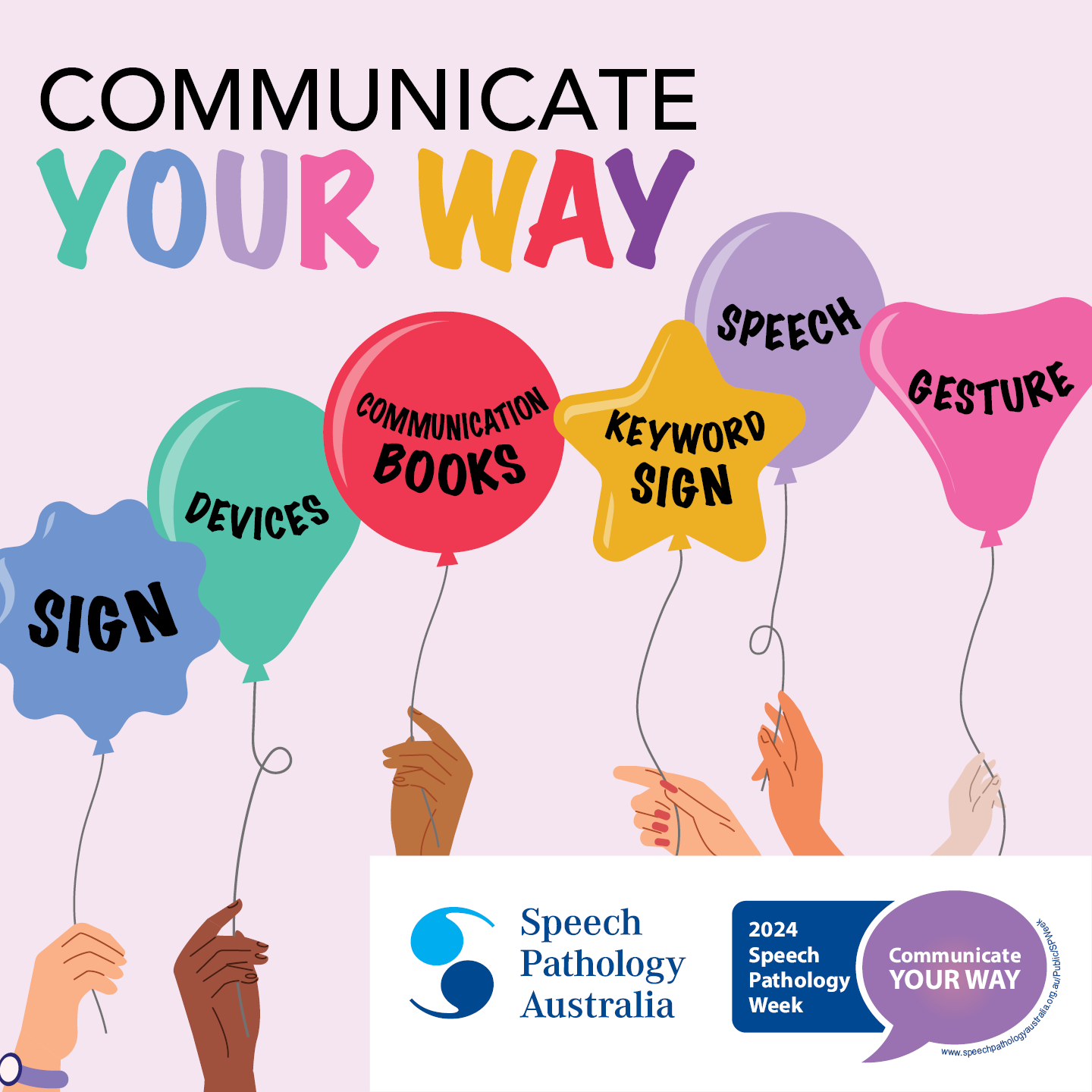
News & Events
Communicate your wayTo kick off Speech Pathology Week 2024, we asked our clients, their families and the community to share the different ways they communicate. Senior Speech Pathologist Sally Grauaug compiled their ideas and feedback into this blog.
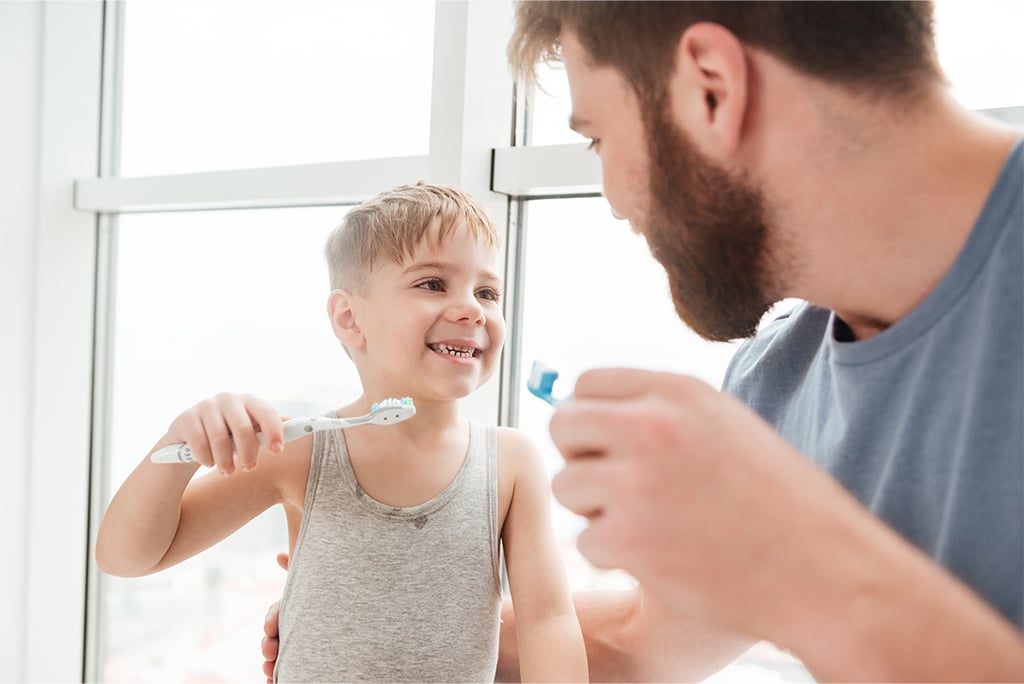
News & Events
Learning to brush teeth independentlyIn this blog, Curtin University Occupational Therapy student Emily Mower shares some tips to help your child successfully brush their teeth.
